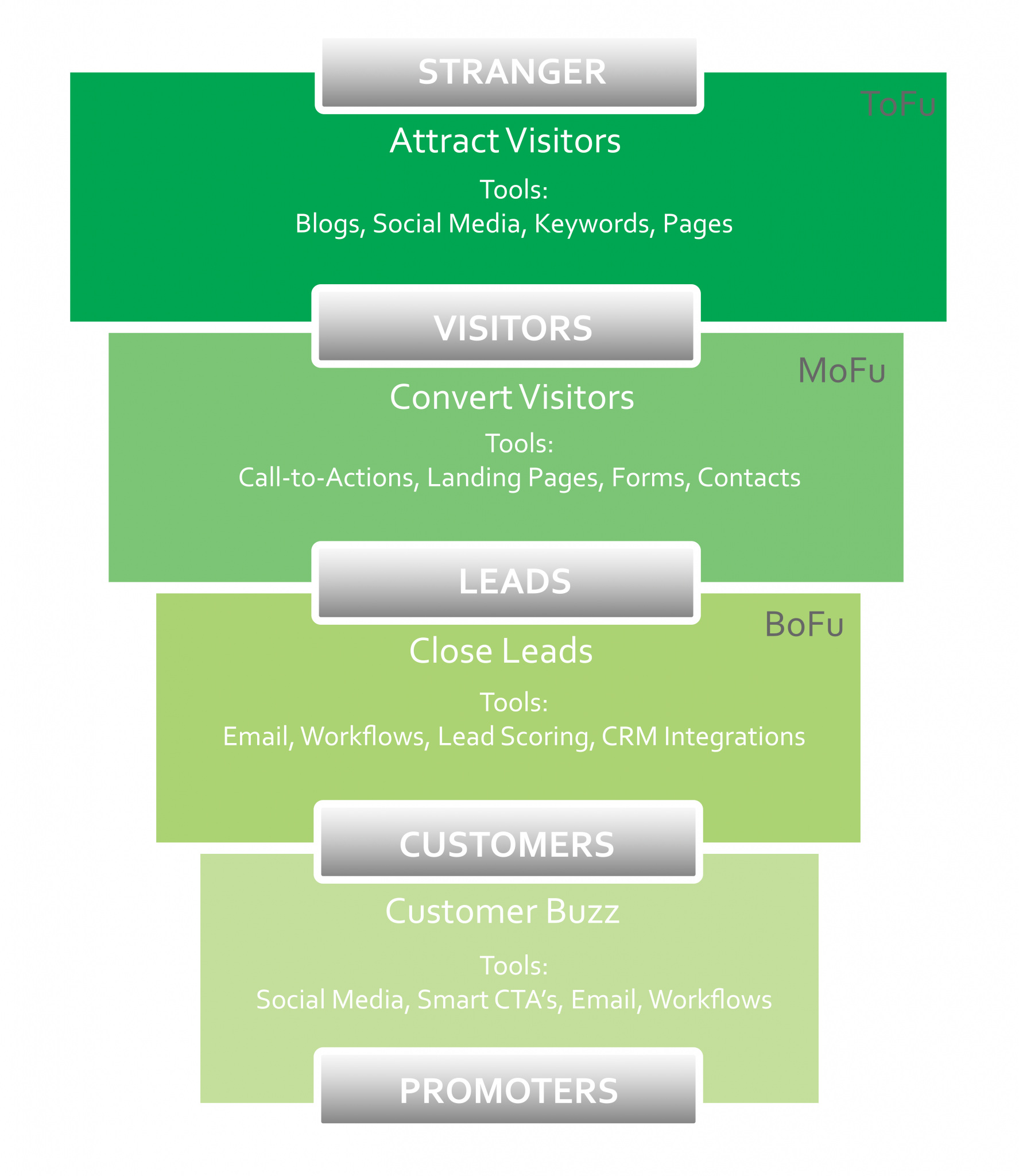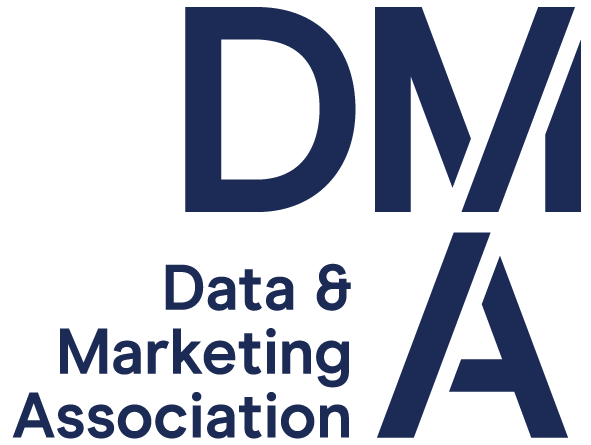If you’re involved in telemarketing or sales, you’ll almost certainly have encountered the ‘gatekeeper’.
Tasked with preventing people from accessing the key decision maker, the Gatekeeper is usually a personal assistant, secretary, receptionist, or switchboard operator who will ensure that only a select few callers will make it through.
With this in mind, the first challenge of any successful call or pitch is to get past the gatekeeper, allowing you to reach the all-important decision maker. Of course, that’s easier said than done!
Here are our top 5 ways to get past the gatekeeper:
Treat them with respect
Although they might not be decision makers, Gatekeepers are typically respected individuals within their firm. With this in mind, it is important that you treat them with the respect they deserve and express your gratitude for the help or information they provide you. This will also keep you in their good books so you will stand more chance of getting through to the decision maker next time you call.
It’s understandable that you might become frustrated if they are trying to stop you getting through to the person you really want to speak to, but don’t take this frustration out on them – they’re only doing their job and the last thing you want is to end up on a blacklist!
Build a rapport
As well as respecting the Gatekeeper, you should also try to build a rapport. Rather than trying to push past them as though they’re nothing more than an automated system, focus on building a positive relationship with them.
For example, as soon as you learn their name, be sure to write it down and start addressing them by that name every time you call.
Sound senior
Within any business, those in management roles can be treated differently by other employees. If someone believes you are important or high up within an organisation, they may think twice about putting the phone down.
So speak slowly and articulately, keep calm and relaxed, and never divulge more details than necessary. If the Gatekeeper senses that you have a senior position, they won’t risk offending or insulting you by probing into your reasons for calling too deeply.
Don’t sell
The Gatekeeper has no power to make a decision regarding the products or services you’re trying to sell. And, to be honest, they’re probably not interested in your sales pitch. So don’t waste your time, or theirs, trying to deliver your sales pitch.
Instead, when they ask what the call is regarding, provide an answer that doesn’t sound too ‘salesy’. Perhaps mention previous correspondence you’ve had with the decision maker.
Call before or after hours
One way to avoid the Gatekeeper is to call when they’re not there! Executives and decision makers often arrive before and leave after normal working hours. If you call during these out-of-office hours, you might well find that their Gatekeeper isn’t around and they are answering their phone themselves.
To find out more about how we can help you optimise your telemarketing results, give us a call on 0345 241 3038 or get in touch.








